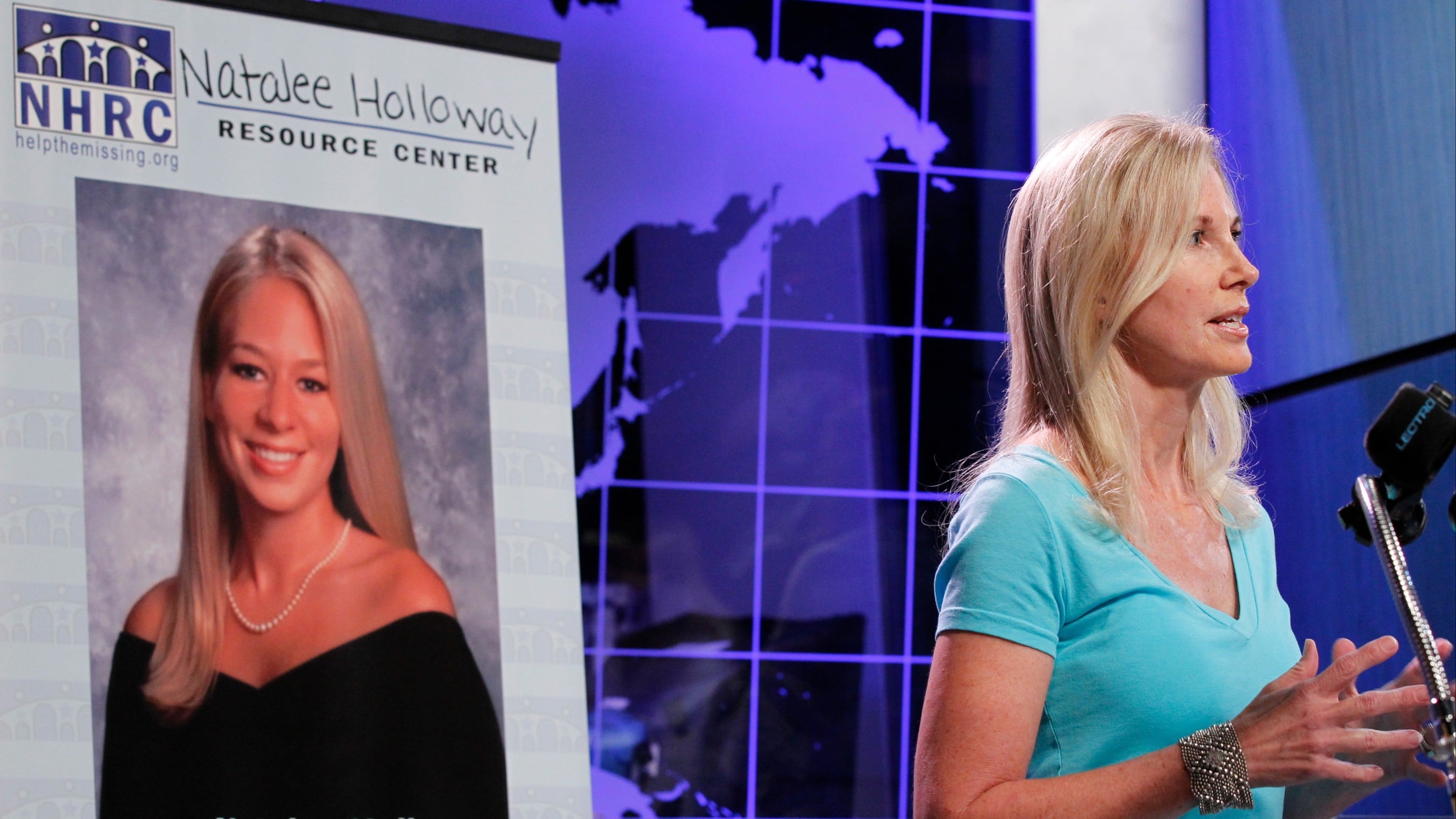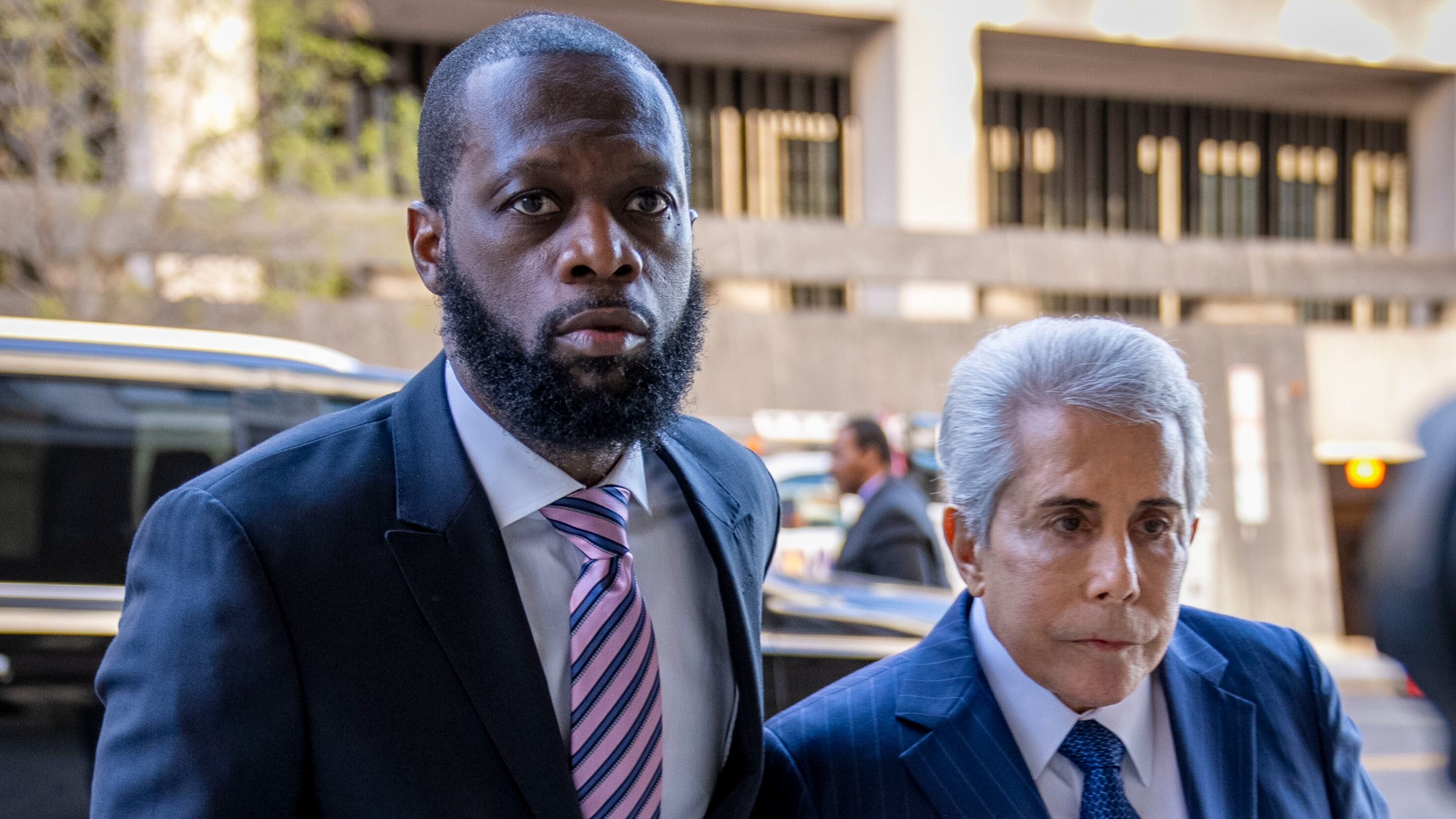By Jake Coyle
“Spider-Man: Across the Spider-Verse” opened in U.S. and Canadian theaters with a massive $120.5 million, more than tripling the debut of the 2018 animated original and showing the kind of movie-to-movie box-office growth that would be the envy of even the mightiest of Hollywood franchises.
Sony Pictures' “Across the Spider-Verse,” the multi-verse spinning animated Spider-Man spinoff, sailed way past expectations, according to studio estimates Sunday, riding terrific reviews (95% fresh on Rotten Tomatoes) and strong buzz for the hotly anticipated follow-up to the Oscar-winning “Spider-Man: Into the Spider-Verse.”
In the sometimes formulaic realm of superhero movies, 2018's “Into the Spider-Verse" offered a blast of originality, introducing a teenage webslinger from Brooklyn, Miles Morales ( Shameik Moore ), a punk-rock Gwen (Hailee Steinfeld) and a host of other Spider-People. It launched with $35.4 million on its way to $384.3 million worldwide.
“Across the Spider-Verse," which exponentially expands the film's universe-skipping worlds, cost $100 million to make, about half the cost of the average live-action comic-book movie. So at even the forecast $80 million that “Spider-Verse” had been expected to open, “Across the Spider-Verse” would have been a hit.
Instead, it has turned out to be a box-office sensation, and the second largest domestic opening of 2023, trailing only “The Super Mario Bros. Movie.” “Across the Spider-Verse,” directed by Joaquim Dos Santos, Kemp Powers and Justin K. Thompson, even topped “Guardians of the Galaxy Vol. 3," which debuted with $118 million, for best opening weekend of the summer so far.
The film, shepherded by writer-producers Phil Lord and Christopher Miller, is part two in a trilogy that will conclude with a third chapter to be released next year. “Across the Spider-Verse” over-performed abroad, too, with $88.1 million overseas.
After few family offerings for much of the first half of 2023, theaters are suddenly flush with kid-friendly entertainment. Last week's top film, the Walt Disney Co.'s live action remake “The Little Mermaid,” slid to second with $40.6 million in it second weekend.
After launching with $95.5 million and $117.5 million over the four-day Memorial Day weekend, “The Little Mermaid” dipped 57%, partly due to the formidable competition from “Across the Spider-Verse.”
Having cost a reported $250 million to make, “The Little Mermaid” was met with mixed reviews but more enthusiasm from audiences, which gave it an “A” CinemaScore. But overseas, where previous Disney live-action remakes have thrived, is proving harder territory this time. The film added $42.4 million internationally over the weekend.
Disney also supplied the weekend's top counter-programming option in “The Boogeyman,” a mostly well-received horror adaptation of a Stephen King short story. Director Rob Savage's $35 million film, starring Sophie Thatcher and Chris Messina, had originally been intended to debut on Hulu before the studio pivoted. It opened with $12.3 million in ticket sales.
In limited release, the Sundance breakout film “Past Lives" launched with an impressive $58,067 per-screen average on four screens. Celine Song's directorial debut stars Greta Lee as a woman torn between a childhood friend from Korea (Teo Yoo) and her American husband (John Magaro).
Estimated ticket sales for Friday through Sunday at U.S. and Canadian theaters, according to Comscore. Final domestic figures will be released Monday.
1. "Spider-Man: Across the Spider-Verse," $120.5 million.
2. “The Little Mermaid,” $40.6 million.
3. “The Boogeyman,” $12.3 million.
4. “Guardians of the Galaxy Vol. 3,” $10.2 million.
5. “Fast X,” $9.2 million.
6. “The Super Mario Bros. Movie,” $3.4 million.
7. “About My Father,” $2.1 million.
8. “The Machine,” $1.8 million.
9. “Suga: Agust D Tour Live in Japan,” $1.2 million.
10. “You Hurt My Feelings,” $770,000.












